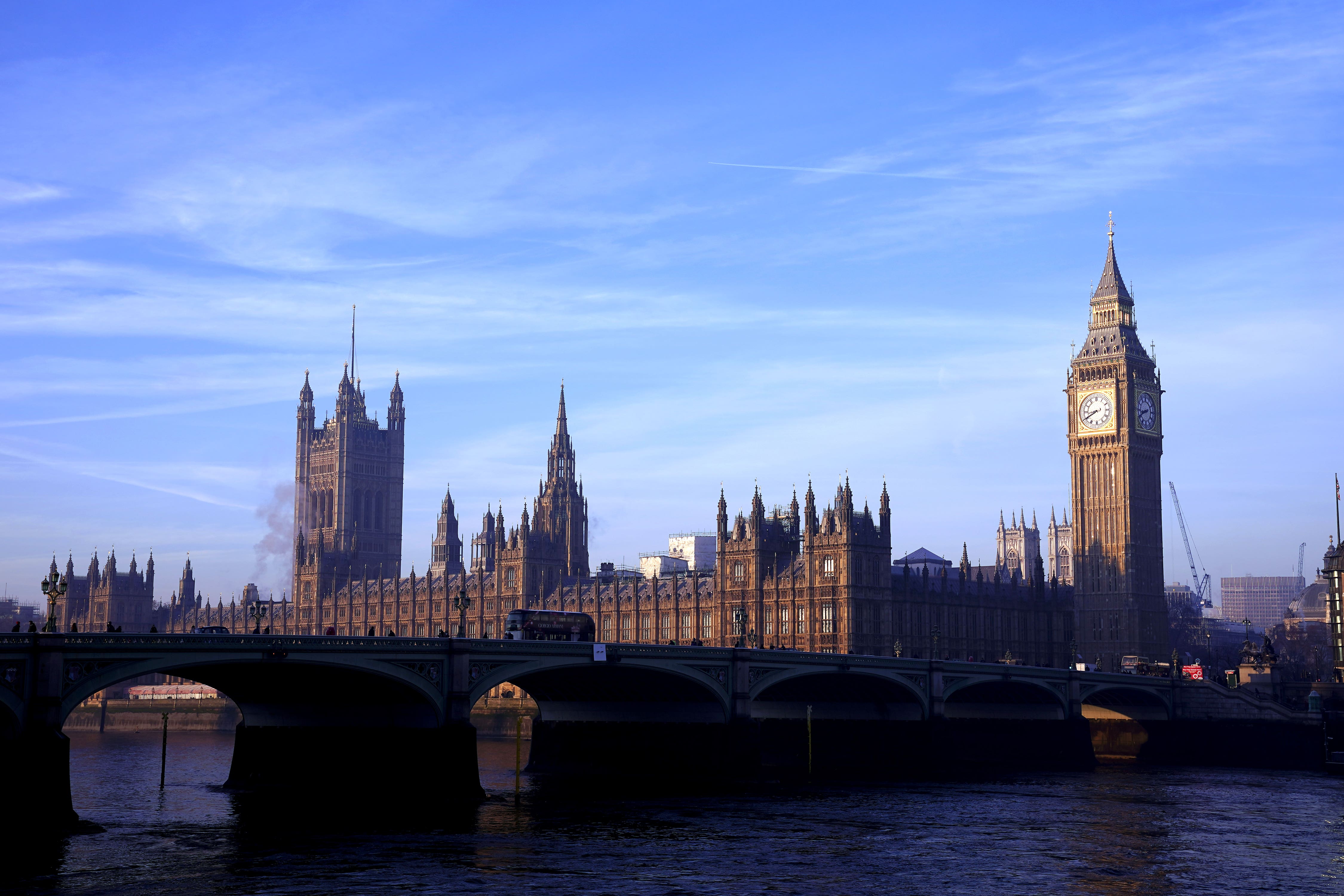MPs overturn peers’ attempts to strengthen crackdown on dirty money
The Commons voted 276 to 210, majority 66, to reject two Lords amendments.

MPs have overturned changes made by peers to strengthen measures designed to prevent abuse of UK corporate structures and combat economic crime.
The Commons voted 276 to 210, majority 66, to reject two Lords amendments to the Economic Crime and Corporate Transparency Bill, which would have capped court costs for enforcement agencies and ensured more businesses are liable for prosecution for failing to prevent fraud.
Business minister Kevin Hollinrake said that limiting an exemption to only smallest companies, so-called micro-organisations, rather than all small and medium-sized enterprises (SMEs) as proposed by the Government, would still “incur significant costs to businesses”.
He told the Commons: “Reducing the exemption threshold to only micro-entities will increase the one-off costs on businesses from around £500 million to 1.5 billion. The annual recurrent costs will increase from over £60 million pounds to over £192 million.”
He added: “The Government is extremely mindful of the pressures on companies of all sizes, including small and medium-sized enterprises, and therefore does not feel it is appropriate to place this new, unnecessary burden on over 450,000 businesses.”
On the amendment put forward by Lord Faulks, which sought financial protection for enforcement agencies in chasing down proceeds of crime, Mr Hollinrake said: “There is no clear evidence that such changes would help achieve their intended aim of increasing the capacity of law enforcement to take more civil recovery cases.
“There have been no adverse cost rulings against an enforcement authority carried out by this type of civil recovery in the past six years.”
As the Commons considered the Lords amendments, a couple of senior Conservative MPs urged the Government to back the changes made by the upper chamber.
Conservative Sir Bob Neill, who chairs the Justice Committee, argued the Government has “fallen into error” in relation to the two motions from the Lords that it seeks to reverse.
He added: “The minister makes a point about the burden of costs upon small businesses.
“On the other hand, the definition for medium-sized businesses is significant.
“And the risk isn’t so much the size of the business.
“It’s the nature of where they do their business and also their corporate structures.”
Meanwhile, Tory former justice secretary Sir Robert Buckland said: “It’s no good citing these figures at the last minute that I simply don’t accept have the sort of veracity that he (Kevin Hollinrake) claims they do.
“A lot of the measures have already been taken by businesses dealing with tax evasion and bribery and I will say, again, this is not fraud in general.
“This is fraud with an intent to benefit the entity, the company, which is a very different beast from fraud in general.”
On court caps, he said: “The reason why there haven’t been many cases is that there has been definitely a dampening effect on the authorities bringing these civil proceedings”
The Bill will now return to the House of Lords for a continuation of the tussle known as parliamentary ping-pong, where legislation is batted between the unelected chamber and the Commons, until agreement is reached.
Subscribe to Independent Premium to bookmark this article
Want to bookmark your favourite articles and stories to read or reference later? Start your Independent Premium subscription today.
